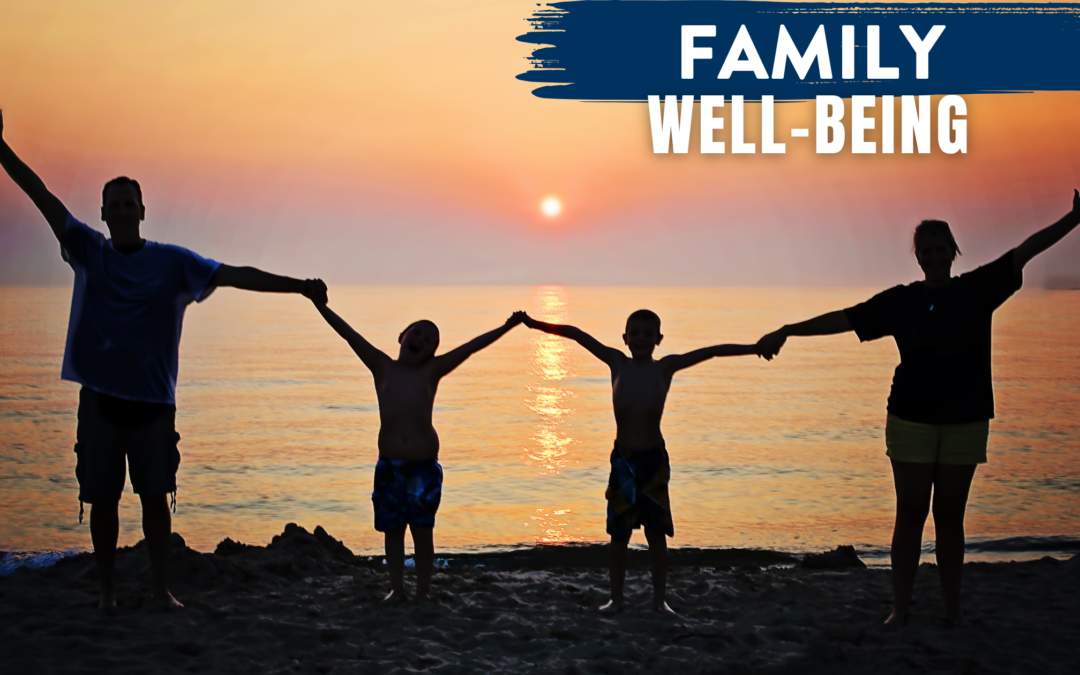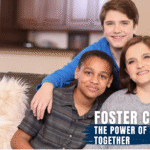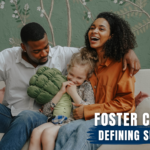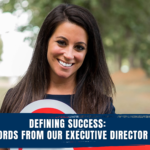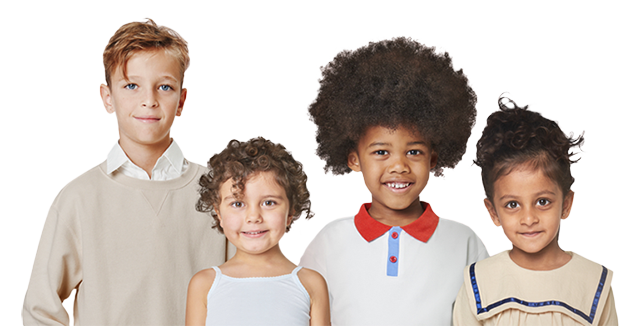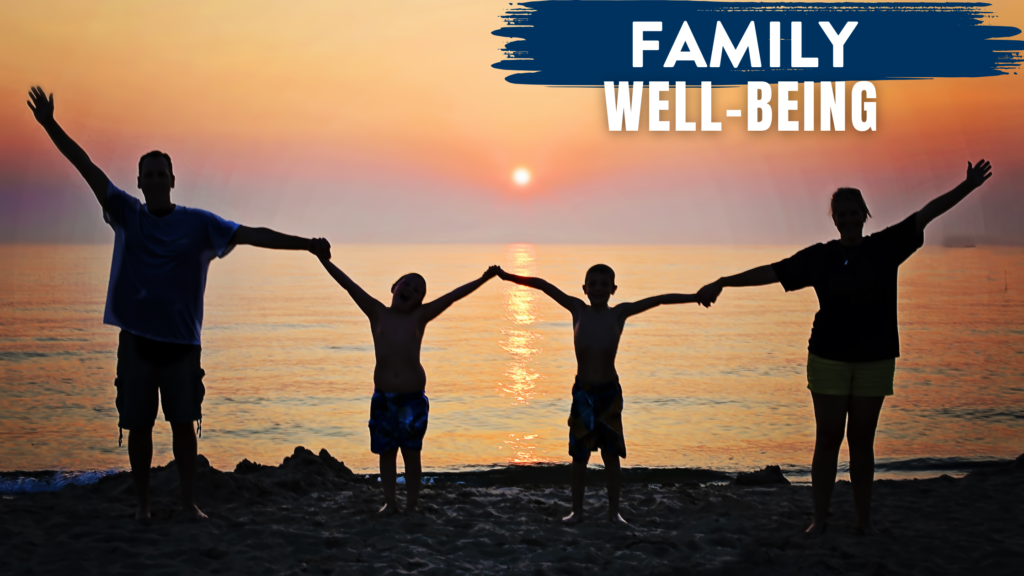
Each year, The Annie E. Casey Foundation’s KIDS COUNT Data Book provides information on the well being of children across all fifty states. Virginia’s children and youth rank 16th in the country overall. Throughout our October blog posts, we have been breaking down the four main categories of well-being: economic, education, health, and for our final one: family and community well-being.
Let’s look at the final category, family and community well-being in Virginia.
Family and Community Well-Being
The four key indicators are:
- Children in single-parent families- 564,000 of children in Virginia are being raised by a single-parent. Children in single-parent homes may be more prone to emotional and behavioral challenges. These challenges have been connected to factors such as parental stress and economic challenges inside the home.
- Children in families where the household lacks a high school diploma- While only 8% of children and youth come from a household where the head lacks a high school diploma, that translates into 141,000 children too many. These children are more likely to experience economic challenges, as there are fewer job opportunities and less earning potential for parents who do not have a diploma. This can also impact a child’s educational well-being, as they may not be provided with academic support in their home.
- Children living in high-poverty areas- As we saw in the Economic well-being blog
,living with poverty can cause extreme stress on children and youth. This stress can impact adults as well and cause strain on a family unit, which can lead to conflict within a home. Thankfully, this number is diminishing with only 4% of Virginia’s youth residing in these circumstances.
- Teen births per 1,000- Teenage birth rates across the country have fallen, including in Virginia, with 11 per 1,000 births. This number going down is a positive indicator that teenagers are engaged in their communities and families, as studies have shown that those who have more connection to their communities are less likely to engage in activity and become pregnant.
Where does CASA come in?
Court Appointed Special Advocates are learners. They dedicate their time to learning about a child and building a relationship with his or her family. These relationships improve a child’s overall wellbeing and given them a great sense of community.
Learn more here: Advocate | Henrico CASA

